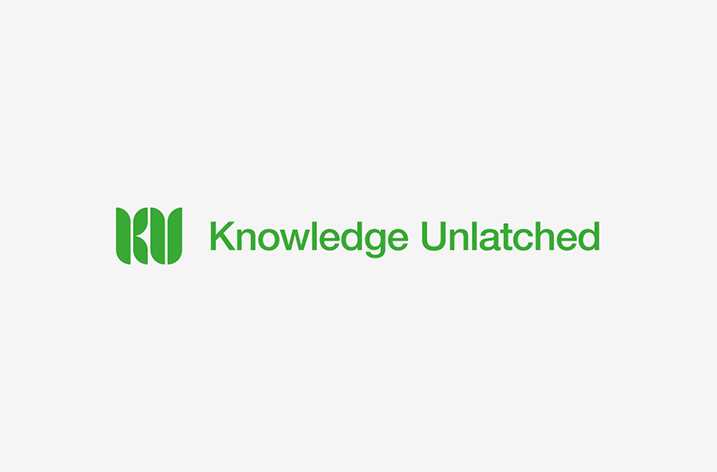
Berghahn Books, the social sciences publisher based in Brooklyn, NY and Oxford, U.K., has announced a pilot to move 13 of the anthropology journals it publishes to Open Access (OA) from 2020 onwards. In partnership with Libraria, a group of anthropologists and other social scientists committed to open access, and the support of Knowledge Unlatched, Berghahn will be asking libraries current subscribing to these journals to renew for 2020 on a Subscribe-to-Open basis, which will make these journals free to readers and authors everywhere.
“Here’s a model that helps humanities and social science journals move to open access with the support of their subscribing libraries,” says Stanford University Professor John Willinsky, member of Libraria’s Executive Committee and founder of the Public Knowledge Project. “We’re thrilled to have this chance to collaborate with an innovative publisher like Berghahn, which is breaking new ground by demonstrating how readily a set of anthropology journals can be opened for readers and researchers worldwide by working with the libraries that value these publications.”
“We are convinced that publishing our anthropology journals Open Access will greatly benefit the global scholarly community and our editors are especially keen to find equitable open access solutions for their authors,” says Berghahn’s Managing Director Vivian Berghahn. “Now it’s up to the libraries to back the model, which offers a sustainable and more universal approach to open access across publications and publishers of all sizes. With librarian support, we hope this model can be adopted more widely as an alternative to the ‘Publish and Read’ Big Deals that are starting to dominate the Open Access landscape to the detriment of smaller-scale journals.”
In addition to relying on its usual subscription agents, Berghahn will also be supported by Knowledge Unlatched in introducing the Subscribe-to-Open model to libraries. By building on current subscription processes, the model involves librarians in their traditional professional role, as deciding and curating which journals merit support, only this time on behalf of the greater public as journals move to open access.



























